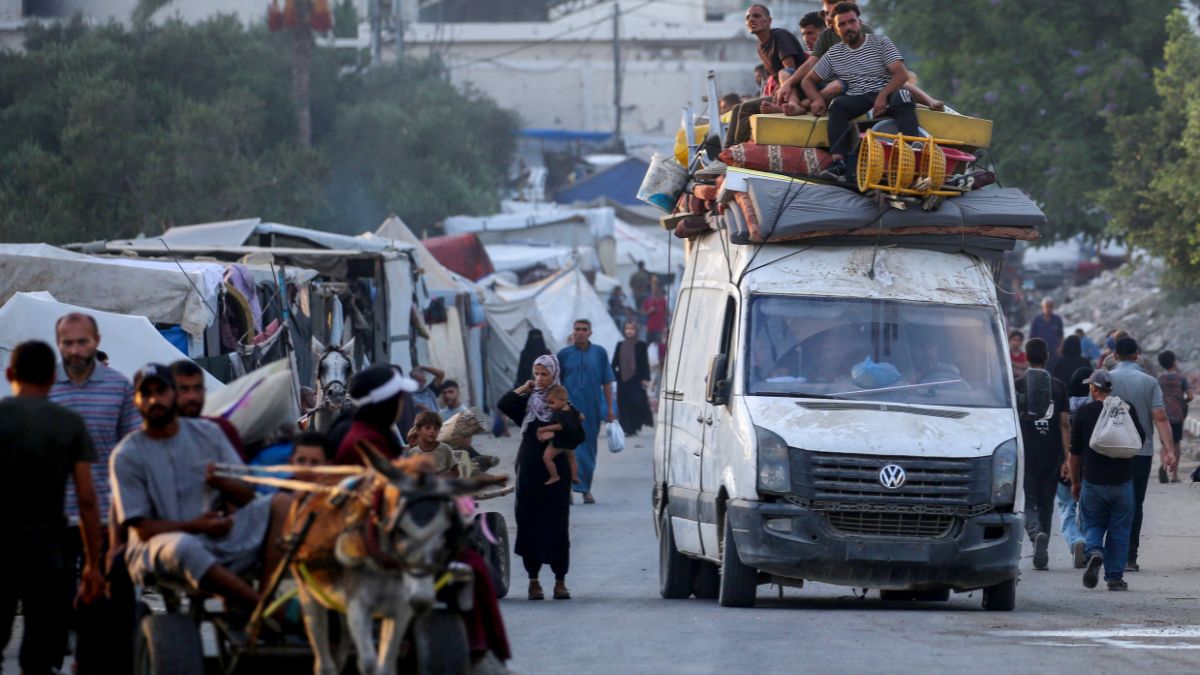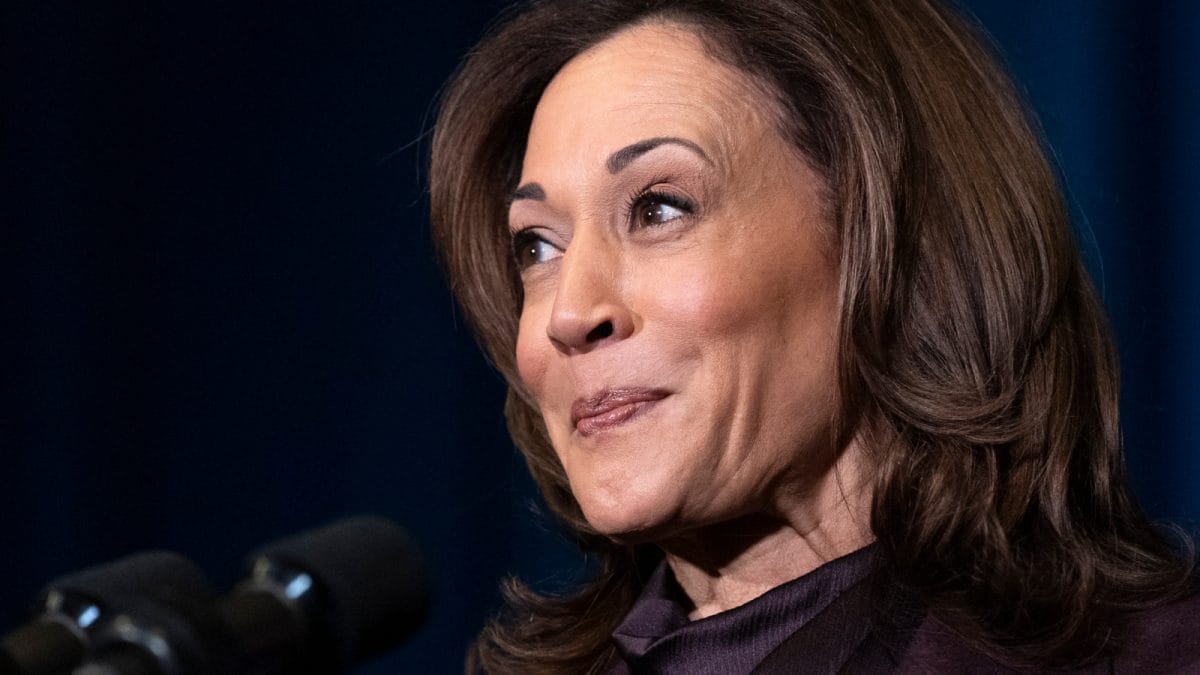Britain, Australia and Canada on Sunday recognised a Palestinian state in a coordinated, seismic shift from decades of Western foreign policy, triggering swift anger from Israel.
France and Saudi Arabia are seeking to leverage this year’s United Nations General Assembly and the ongoing Gaza war to revive efforts toward a two-state solution to the Israeli-Palestinian conflict.
Their plan includes a phased roadmap for Palestinian statehood in territories Israel “captured” during the 1967 West Asia war as well as coordinated moves by several Western countries to formally recognise a Palestinian state.
Britain, Canada, and Australia formally recognised a Palestinian state on Sunday, joining nearly 150 countries that have already done so. France is expected to follow at the General Assembly.
But the efforts to push a two-state solution face major obstacles, beginning with vehement opposition from the United States and Israel. The U.S. has blocked Palestinian officials from even attending the General Assembly. And Prime Minister Benjamin Netanyahu, who is opposed to Palestinian statehood, has threatened to take unilateral action in response — possibly including the annexation of parts of the West Bank.
That would put the Palestinians’ dream of independence even further out of reach.
A fragile path toward Palestinian statehood
The idea of a Palestinian state in East Jerusalem, the West Bank, and Gaza has long been seen as the only viable resolution to a conflict stretching over a century, intensified by Hamas’ October 7, 2023, attack. Advocates argue that a two-state solution ensures Israel’s existence as a Jewish-majority democracy while avoiding the continued subjugation of Palestinians.
“Israel must understand that the one state solution, with the subjugation of the Palestinian people without rights — that is absolutely intolerable,” U.N. Secretary-General António Guterres said last week. “Without a two-state solution, there will be no peace in the West Asia.”
Yet decades of negotiations have faltered. Peace talks since the early 1990s repeatedly collapsed amid violence and the expansion of Israeli settlements. East Jerusalem has been annexed and is considered part of Israel’s capital, while the West Bank is home to over 500,000 settlers alongside roughly three million Palestinians under Israeli military rule. In Gaza, Israeli offensives have killed tens of thousands, displaced nearly 90% of the population, left much of the territory uninhabitable, and pushed areas into famine. A new offensive threatens to flatten Gaza’s largest city.
International blueprint and reconstruction plan
France and Saudi Arabia propose a phased plan for a demilitarised Palestinian state under the Palestinian Authority, with international assistance for governance and rebuilding Gaza. Hamas would disarm and transfer power to an independent committee under the Palestinian Authority, hostages would be returned, and Israel would withdraw. The plan also anticipates regional integration, potentially including Saudi normalisation of ties with Israel.
Pushback from Israel and the United States
The United States and Israel view unilateral recognition of Palestinian statehood as rewarding Hamas and complicating ceasefire negotiations. Gaza truce talks have repeatedly broken down, including after Israel’s September 9 strike targeting Hamas negotiators in Qatar.
Netanyahu has warned that unilateral recognition would provoke Israeli countermeasures. His government, along with most of Israel’s political class, opposed Palestinian statehood even before the war, with plans to annex parts of the West Bank long on the agenda.
Persistent hurdles to implementation
The French-Saudi plan does not resolve the conflict’s most divisive issues, including borders, settlements, refugee returns, security arrangements, Jerusalem’s status, and recognition of Israel as a Jewish state. It also depends heavily on the Palestinian Authority, which faces widespread criticism for corruption and authoritarianism.
Hamas would be excluded unless it disarms and recognises Israel, while past Palestinian elections have been repeatedly delayed under President Mahmoud Abbas.
Without addressing these structural challenges, analysts warn that the push for a two-state solution could inadvertently cement Israeli control over the West Bank and Gaza, leaving millions of Palestinians under military rule and placing a viable Palestinian state further out of reach.
With inputs from agencies
End of Article

)

